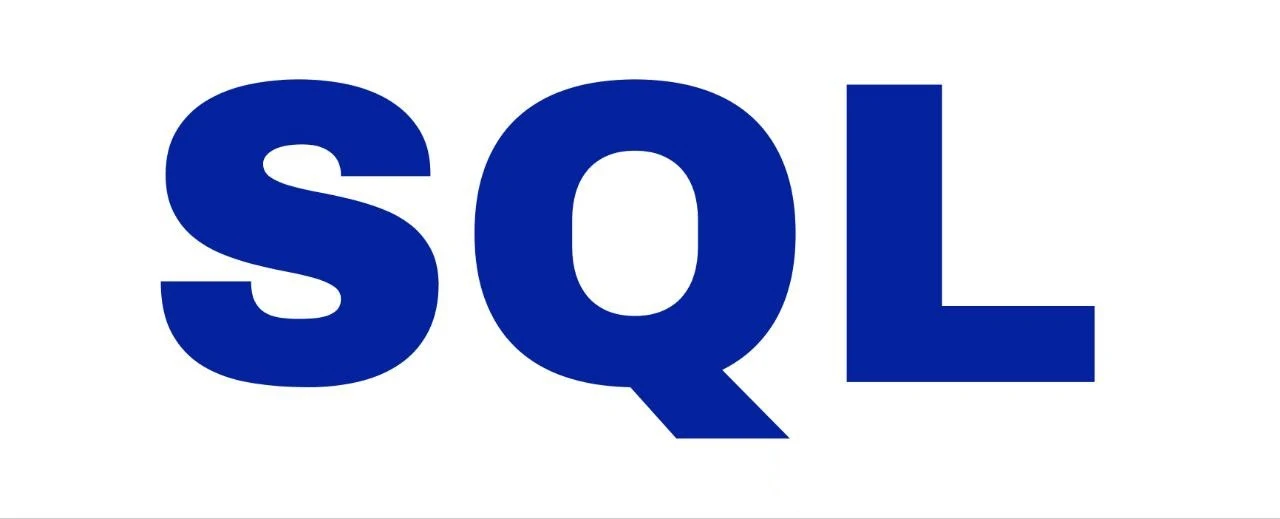In today’s data-driven world, SQL (Structured Query Language) is no longer just a technical tool—it’s a core digital skill. Whether you're an aspiring data analyst, backend developer, marketing strategist, or even a startup founder, knowing SQL can set you apart. But the common barrier is cost. What if we told you that some of the best SQL tutorials, guides, exercises, and PDFs are absolutely free?
This guide unlocks the most powerful free SQL resources you can use to master SQL without paying a single rupee. It’s time to turn your curiosity into competence, completely free.
Why Learn SQL?
Data is the new oil. Every industry—healthcare, finance, marketing, retail—is collecting vast amounts of data. But raw data is worthless unless you can query, filter, analyze, and make decisions from it. That’s where SQL comes in.
SQL helps you:
- Access large datasets directly from databases.
- Clean and transform messy data.
- Power dashboards and business reports.
- Automate workflows and reduce manual spreadsheet tasks.
Plus, it’s in high demand. According to job data from Indeed and LinkedIn, SQL is one of the top five technical skills across data science, analytics, and engineering roles.
Full List of Free SQL Resources (Downloadable Links)
We have compiled the following SQL resources into a structured table. These PDFs include everything from basic theory to practical exercises and real-world examples.
| S.No | Resource Title | Download Link | Description |
|---|---|---|---|
| 1 | SQL Notes PDF - Beginner to Pro | Download | Covers SELECT, JOIN, GROUP BY, and subqueries. |
| 2 | SQL Practice Questions | Download | Beginner-friendly SQL queries and solutions. |
| 3 | SQL Commands List PDF | Download | Handy cheat sheet of all major SQL commands. |
| 4 | Advanced SQL Queries Explained | Download | Learn complex joins, CTEs, and window functions. |
| 5 | SQL Interview Questions & Answers | Download | Real interview questions for MNC & startups. |
| 6 | SQL for Data Analytics | Download | Data-specific SQL for business insights. |
| 7 | SQL Functions with Examples PDF | Download | Learn string, date, and aggregate functions. |
| 8 | SQL Beginner to Advanced Course Notes | Download | Full course in notes format. |
| 9 | SQL Sample Databases and Practice Sets | Download | Use for hands-on query writing and projects. |
| 10 | SQL Syntax Summary | Download | Syntax overview for revision before exams. |
How to Use These Free SQL Resources Effectively
Start by downloading the beginner notes and cheat sheets. If you're new to SQL, understanding SELECT, WHERE, ORDER BY, and GROUP BY is essential. Once you're comfortable, move into the practice questions and try solving them without looking at the answers.
Use the interview Q&A resource if you’re preparing for a job. It has real recruiter-level questions that often appear in tech assessments and analytics interviews.
Also, try the SQL Functions PDF when you're working with real-world data, especially in analytics or reporting roles.
Who Should Use These Resources?
These resources are ideal for:
- College students preparing for placement tests.
- Working professionals transitioning into data roles.
- Entrepreneurs looking to make sense of product data.
- Freelancers building dashboards or web apps.
- Teachers preparing classroom notes for students.
Learn Python for Free: Top PDF Guides, Projects & Exercises
FAQs About Learning SQL for Free
Q1. Can I get a job by learning SQL from free resources?
Yes, absolutely. Many analysts and developers start with free resources. What matters is practical skills and the ability to write optimized queries, not the price of your course.Q2. Which free resource is best for SQL interviews?
Use the SQL Interview Q&A PDF listed above. It covers real questions from both startups and tech giants.Q3. How long does it take to learn SQL completely?
If you study for 30–45 minutes a day, you can become proficient in 30 days. But true mastery (with performance tuning and advanced joins) can take 2–3 months.Q4. Is SQL necessary for data science?
Yes. Almost every dataset in real-world data science comes from a SQL database or a data warehouse. It’s foundational.
Q5. Do these free resources offer certification?
The downloads don’t come with certificates, but once you're confident, you can take free certification quizzes on sites like SoloLearn, W3Schools, or HackerRank.📚 More Free PDF Resources for You:
- Free LeetCode PDF Download
- Free Machine Learning PDF Download
- Free TestNG PDF Download
- Free Cybersecurity PDF Download
- Free System Design PDF Download
- Free Cloud Computing PDF Download
- Free Data Structure PDF Download
- Free Operating System PDF Download
- Free Computer Networking PDF Download
- Free DBMS PDF Download
- Free C Programming PDF Download
- Free C++ PDF Download
- Free Java PDF Download
- Free Python PDF Download
- Free SQL PDF Download



